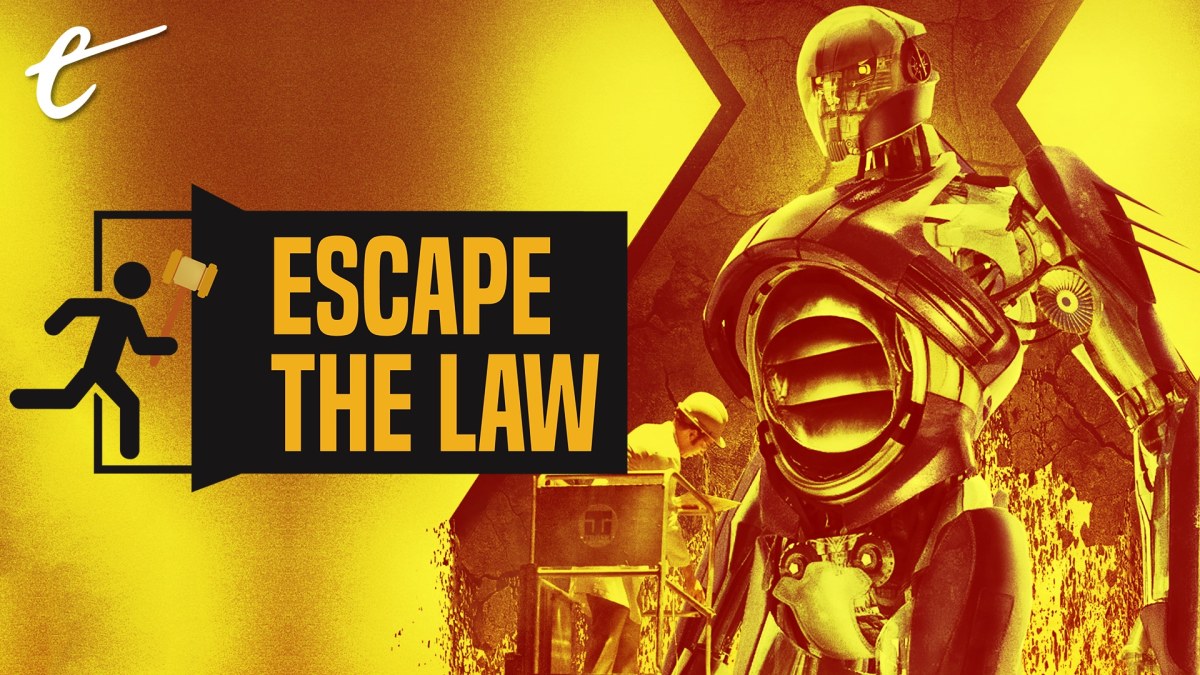Movies, comic books, and video games capture our attention by introducing us to new and fantastical worlds and inviting us to think about what life would be like if those worlds were real. Many of my articles consider the legal questions implicated by these scenarios — is it murder to travel back in time and stop someone from being born? Do zombies have rights? Of course, the best one can do in seeking answers most of the time is to reason by analogy and use basic legal principles to argue for what should happen or to guess at what would happen. The one exception to this is the doctrine of qualified immunity.
It is one area of the law that is specifically designed to address novel situations, no matter how crazy or far-fetched. Unfortunately, qualified immunity would basically serve as a get-out-of-jail-free card for many of the worst antagonists and supervillains.
What Is Qualified Immunity?
Qualified immunity is a legal doctrine that allows government officials to avoid civil liability for misconduct. Under the rule, government officials who violate rights cannot be sued unless their actions violate “clearly established law.” The theoretical justification for the rule is straightforward — it is motivated by a concern that officials would refrain from taking appropriate or necessary action out of fear that they will be held personally liable. For example, a police officer might be slow to use force to restrain a dangerous criminal out of fear of legal liability.
The problem with qualified immunity is that it is applied extraordinarily broadly. Under the current rules, an action only violates “clearly established law” if there is another judicial decision that found a violation under an identical or near-identical set of facts. Thus, government officials can be immune from liability even if they knew or should have known that their actions were unlawful.

For example, in one case police officers stole hundreds of thousands of dollars in property while executing a search warrant. Yet, the officers were immune from liability because “there was no clearly established law holding that officers violate (the Constitution) when they steal property seized pursuant to a warrant.” In another case, a police officer who had consent to search a house decided to destroy the house instead. That officer was also immune from liability because “no Supreme Court or Ninth Circuit case clearly established that (the police) exceeded the scope of consent” by destroying the house. There are more examples, but the takeaway is clear — qualified immunity lets officers avoid liability even for the most egregious actions.
What Does This Mean for Supervillains?
One of the most interesting features about science fiction and fantasy stories is their novelty. That novelty, however, would basically give government antagonists a blank check to act freely without any risk of actual liability. Let’s consider a few examples.
Suppose a company invented technology that allowed people to transfer their brains into a digital world — perhaps as seen in Black Mirror’s “San Junipero,” in Westworld, or in Upload. One night, the police are executing a search warrant on your neighbor’s house, but they get the address wrong and enter your house instead. You inform them via house speaker system that your brain is on the computer and that they have the wrong house. They respond by shooting your computer to bits and pieces. Even though they knew their actions would result in your permadeath, they would almost certainly be entitled to qualified immunity. Why? Because the technology is new, and there would necessarily not be any “clearly established law” holding that it’s unlawful to destroy a digital representation of a person’s brain.

For another example, suppose the government discovers a real-life version of the X-Men and decides that the X-Men may be dangerous one day. To handle the mutant threat, the government builds and dispatches dangerous robots (Sentinels) to take the X-Men into custody. The X-Men attempt to evade arrest by running away, and the Sentinels respond with lethal force, killing all the X-Men.
As with the first example, the government officials who built and dispatched the Sentinels would almost certainly be entitled to qualified immunity. There are several reasons why, as there would not be any “clearly established law” holding (1) that mutants are entitled to rights under the Constitution, (2) that super-powered mutants do not pose an imminent threat sufficient to justify the use of lethal force, or (3) that it is unlawful to use Sentinels to apprehend dangerous suspects.
These examples are by no means comprehensive, as qualified immunity would protect any government official in connection with any action relating to a new technology, world, or sci-fi scenario. Thus, there would likely be no liability for facilitating the torture-filled Weapon X project, for blowing up a city to end a zombie apocalypse, or for violating a defendant’s Eighth Amendment rights through use of the Phantom Zone.
To be fair, qualified immunity would not benefit all villains. By its own terms, the doctrine only shields government officials operating within the scope of their duties. This means the doctrine would be of no use to Ultron, Biff Tannen, the Terminator, or the owners of Jurassic Park. Likewise, the doctrine would not protect government officials acting in their individual capacities — for example, the vice president in Iron Man 3 or Kingpin’s extracurricular activities (read: murder) as mayor of New York.

What This Tells Us About Qualified Immunity
Supporters of qualified immunity would likely look at the above examples with approval — they would argue that police officers should not be required to guess as to how the law would view new technology and should not be subject to liability before the underlying law is settled. I don’t think those arguments are persuasive.
To the contrary, the fact that qualified immunity would allow government officials to avoid liability for literally murdering the X-Men should put to rest any doubts that qualified immunity is broken — we shouldn’t need a court case to tell us that murder is wrong, that mutants are entitled to rights, or that it should be illegal to use death-bot Sentinels. The simple fact that something is new should not give officers license to violate rights.
Qualified immunity is special in that it is one of the few legal doctrines that can provide certain answers to the many questions posed by science fiction scenarios and inventions. Unfortunately, most of the answers it provides are wrong. If blatant thievery and deliberate destruction of property were not enough to convince you that qualified immunity needs reform, then hopefully the death of the X-Men can change your mind. We still have a few years before Days of Future Past — let’s get started.














Published: May 30, 2021 7:00 PM UTC